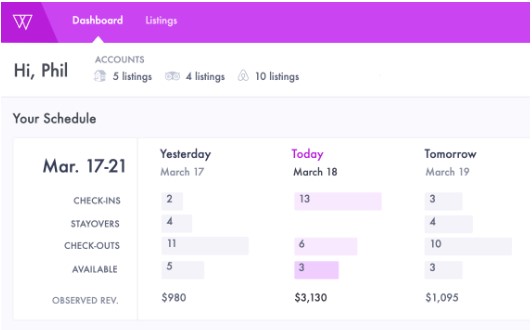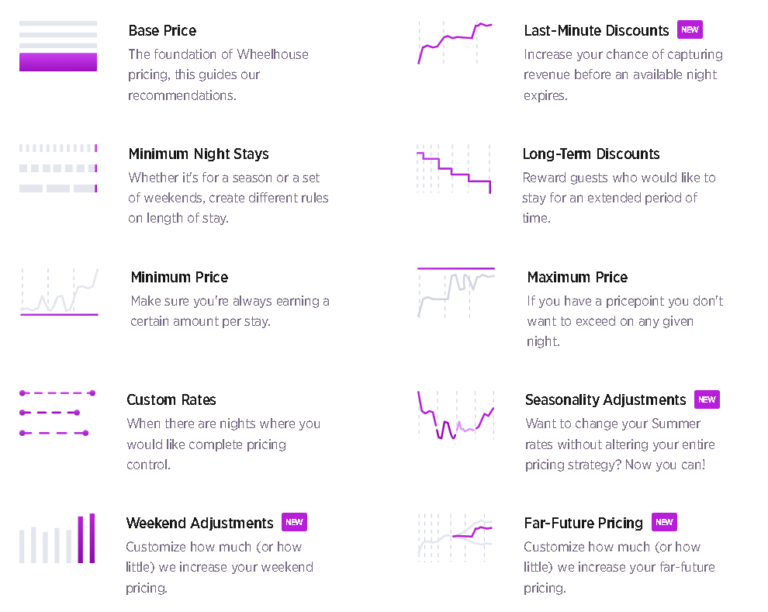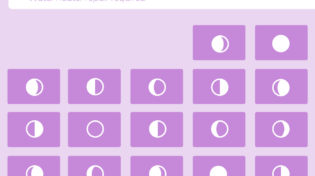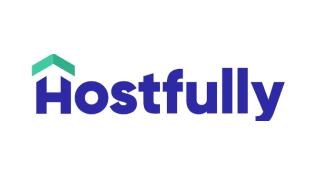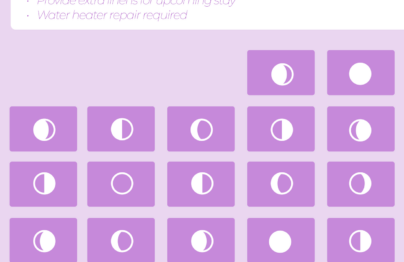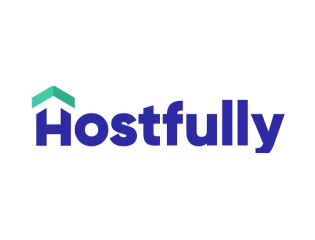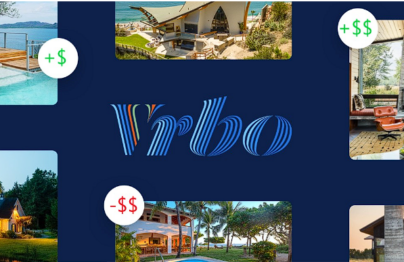Your introduction to Hotel Revenue Management: Strategies, Salaries, and Best Practices
December 14, 2022 | Hailey Friedman
Blog search
Recent posts
-
Wheelhouse Presents: Ratestrology
April 1, 2023 | BY Andrew Kitchell
-
Short-Term Rental Agreement: What to Include & Free Templates
January 17, 2023 | BY Hailey Friedman
-
Hostfully Review: Vacation Rental Management Software [2023]
January 14, 2023 | BY Hailey Friedman
-
Escapia Software Review [2023]
January 6, 2023 | BY Hailey Friedman

